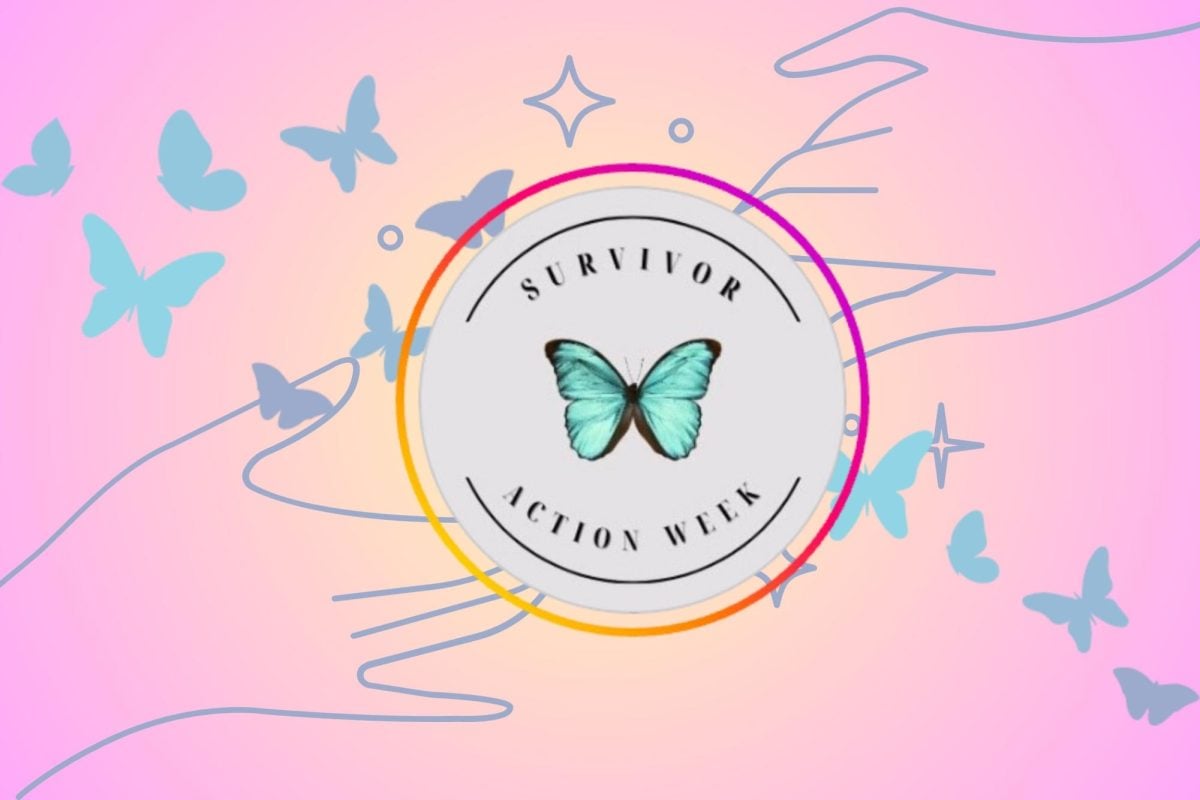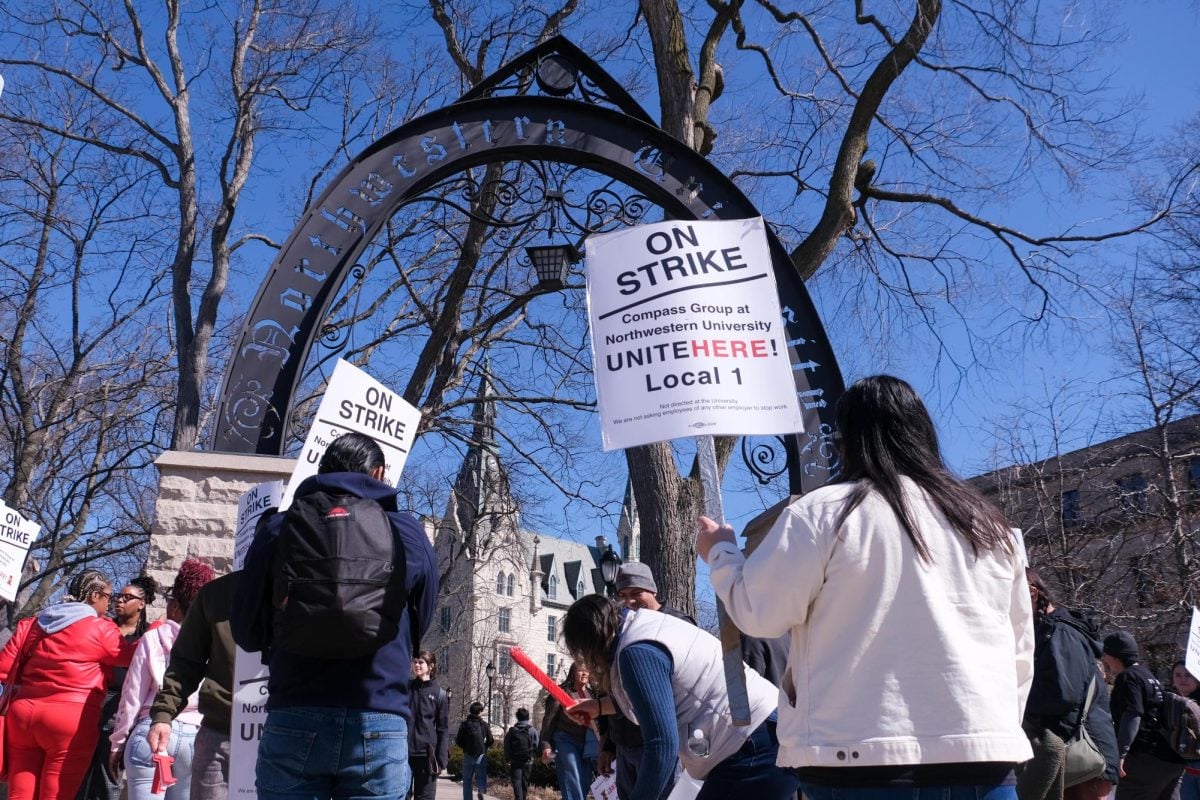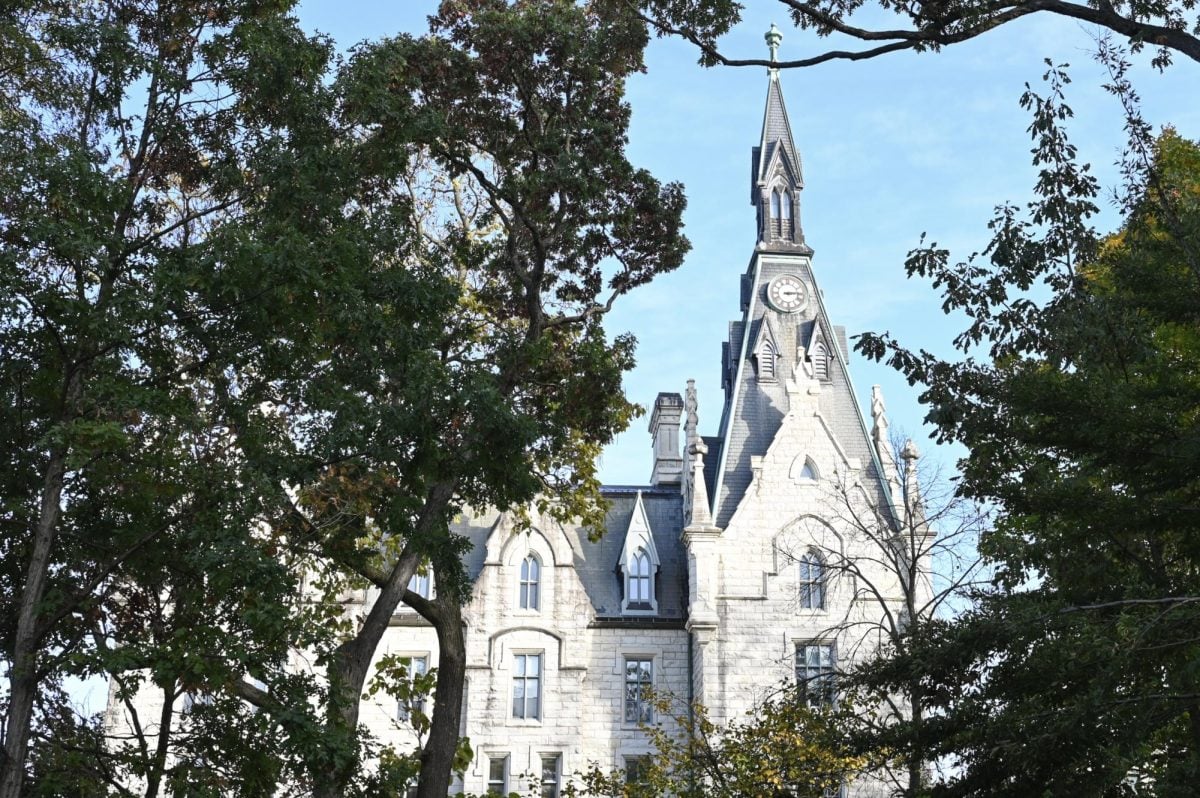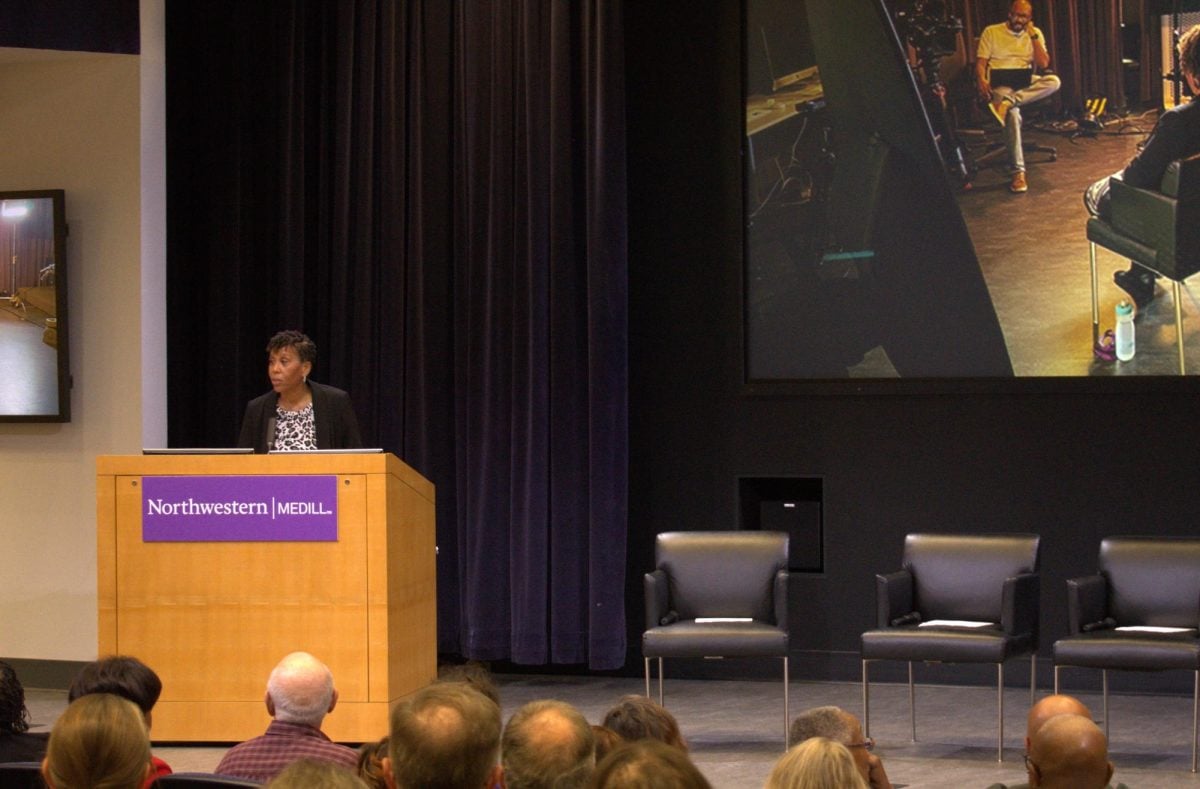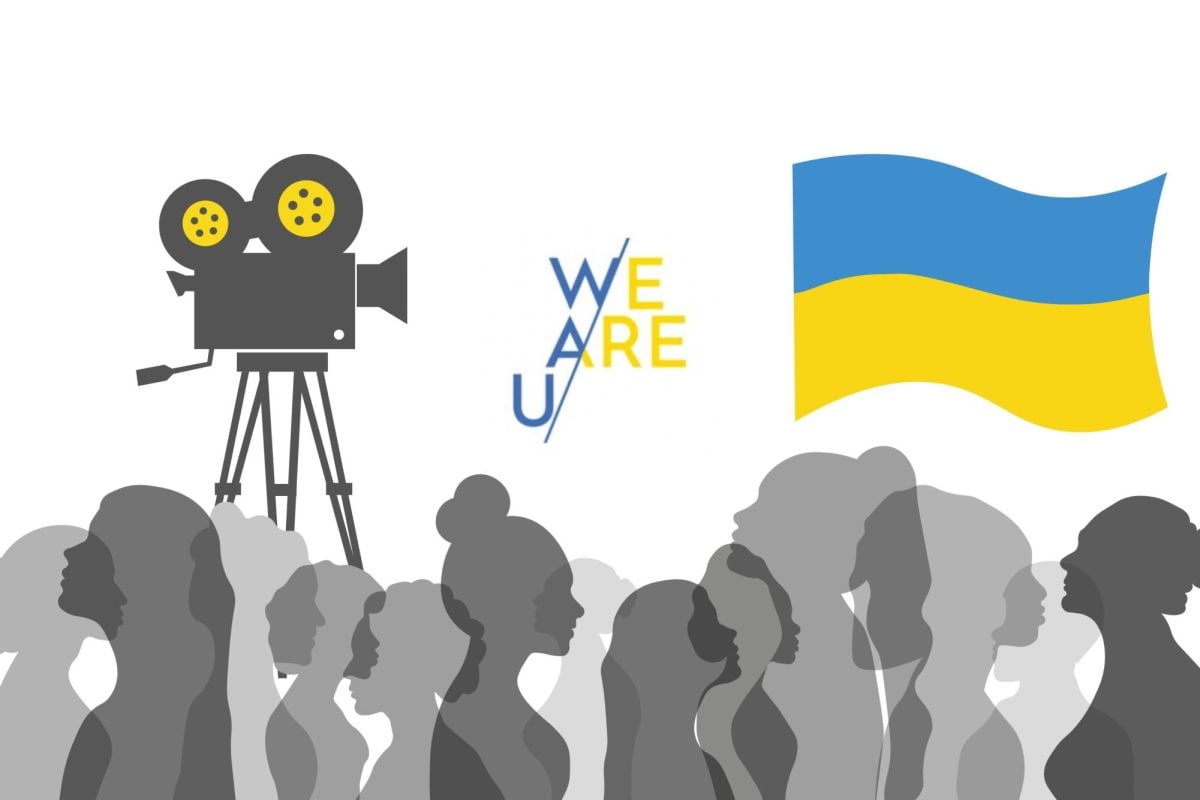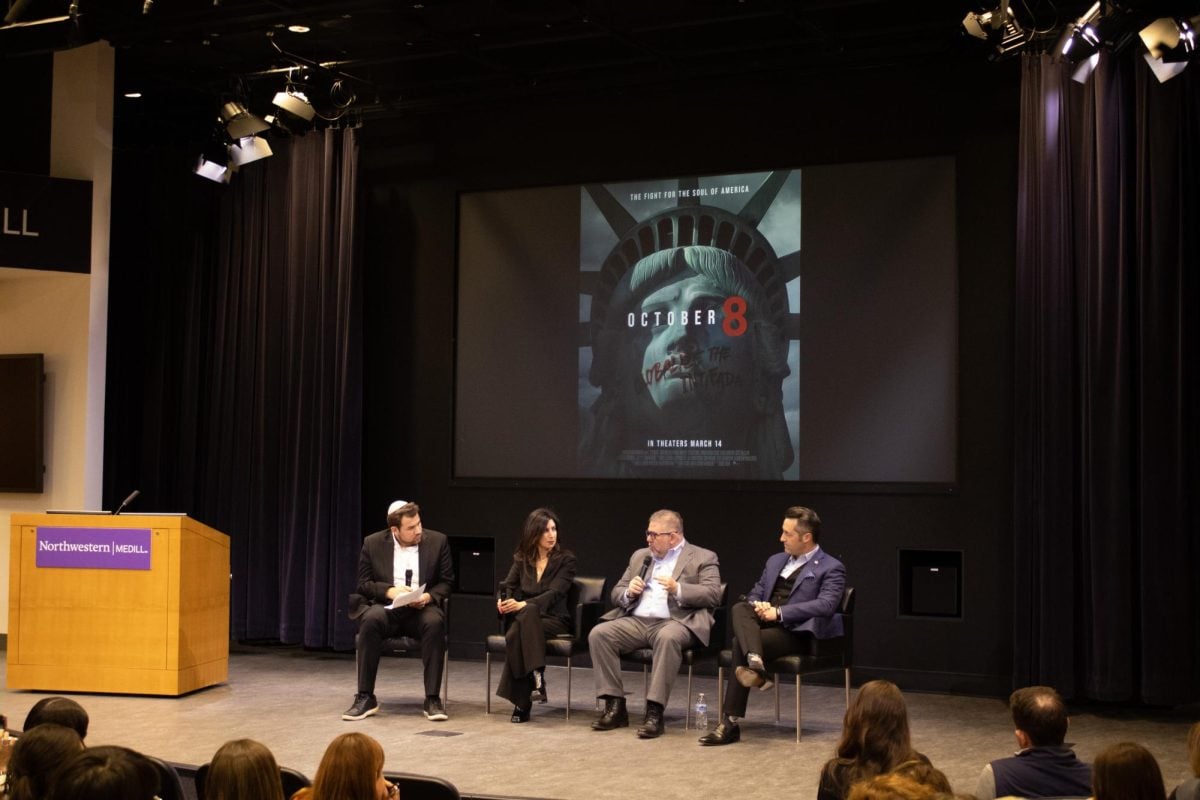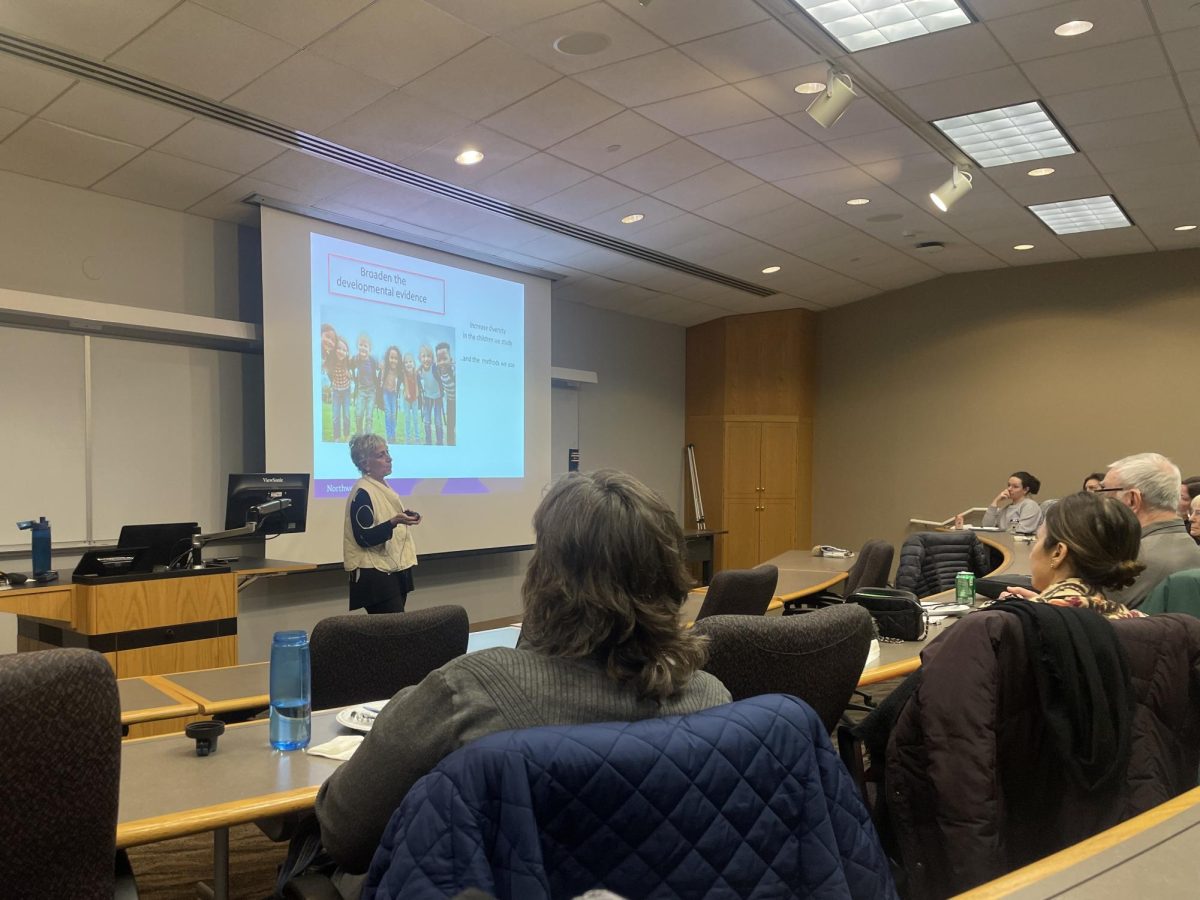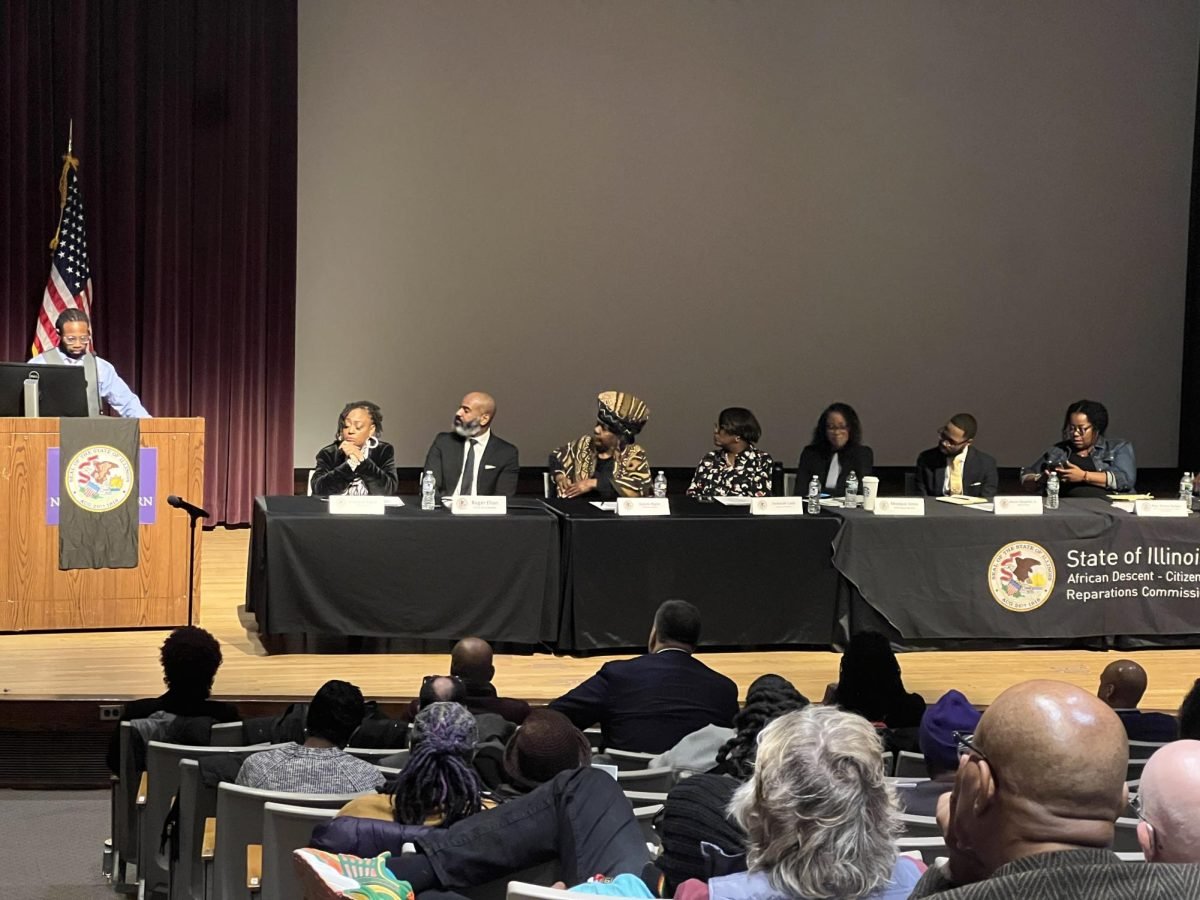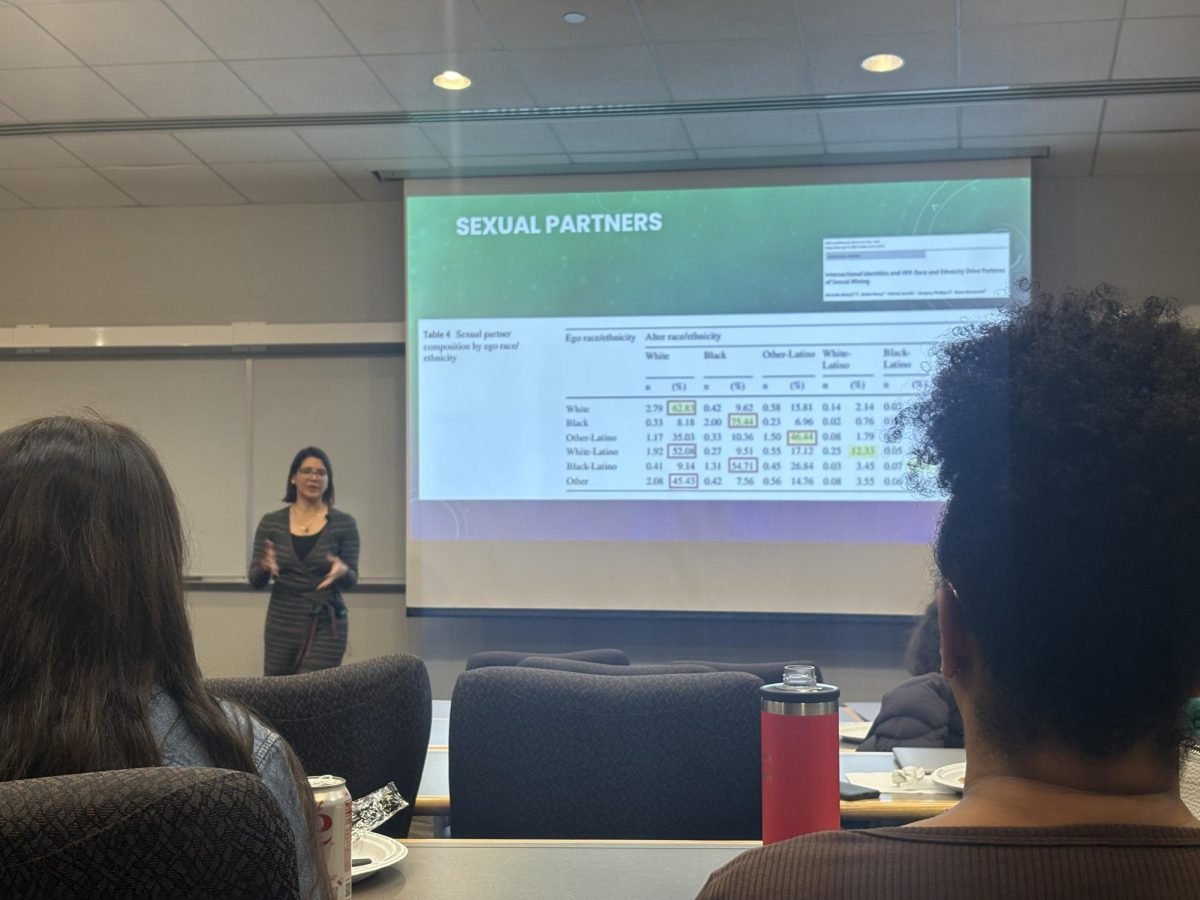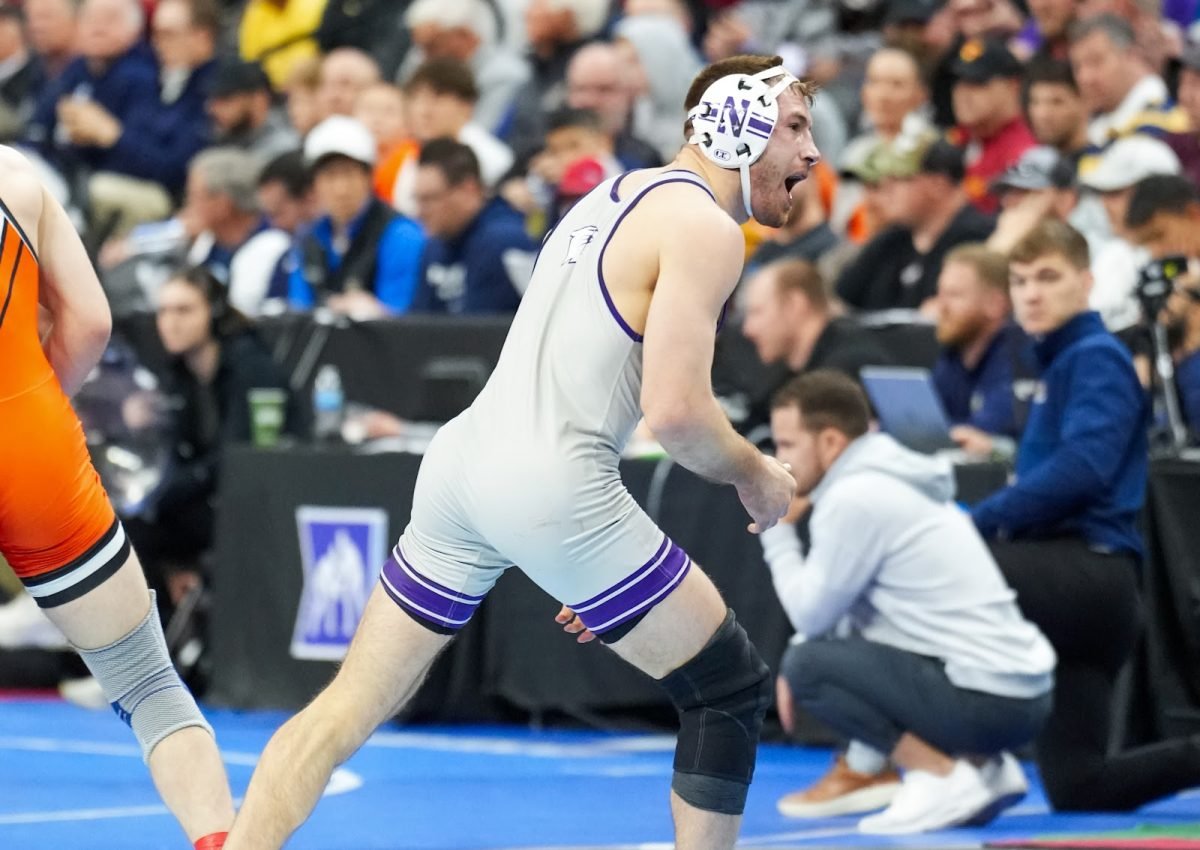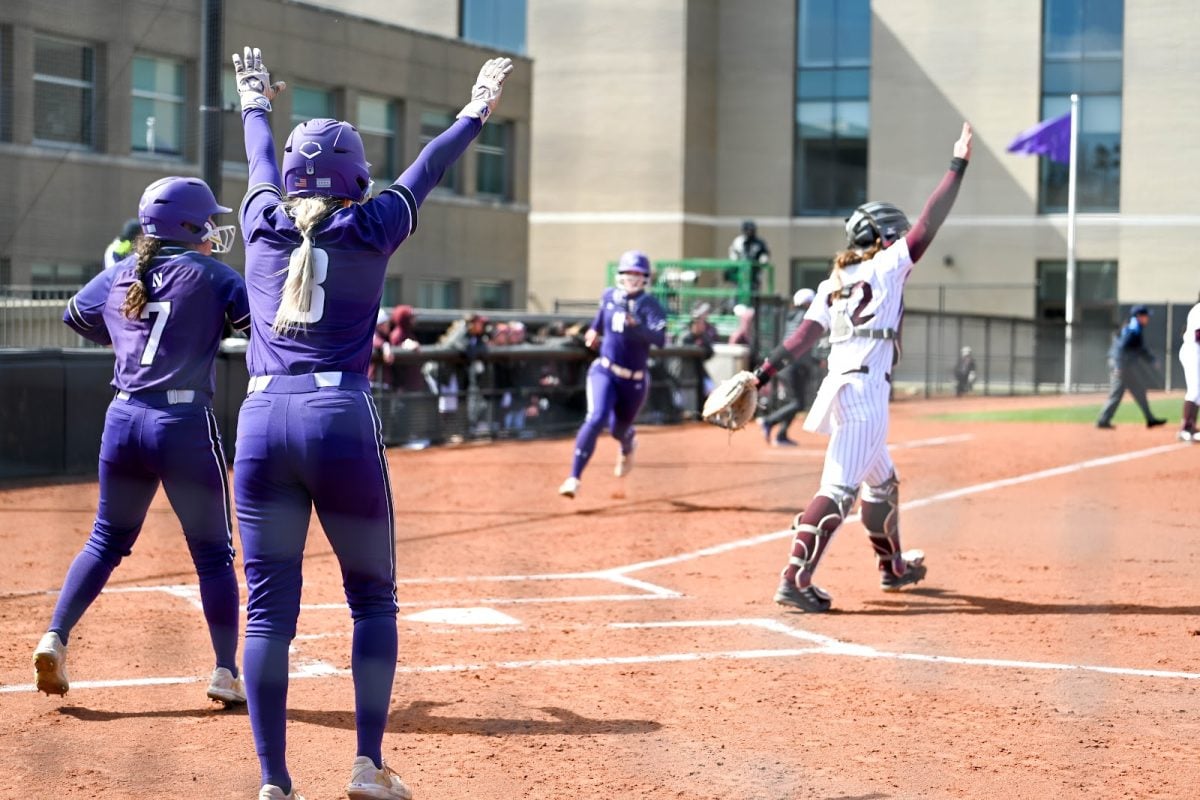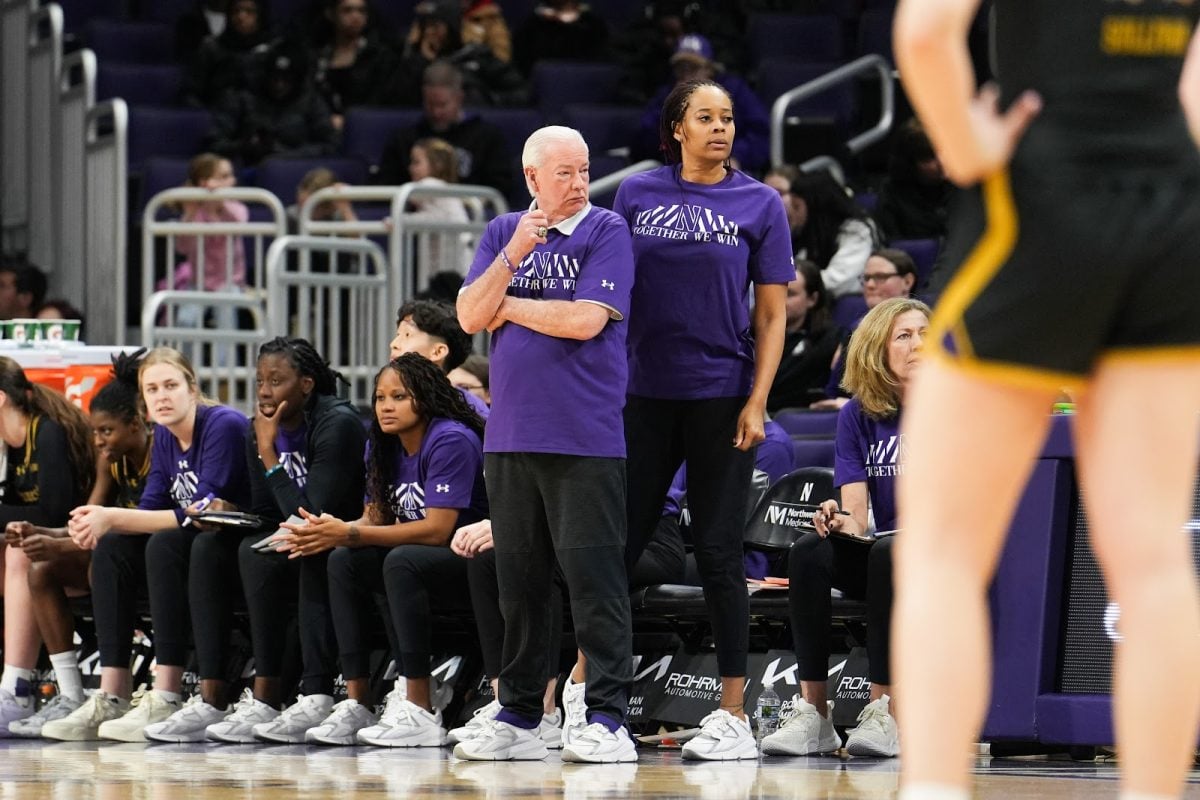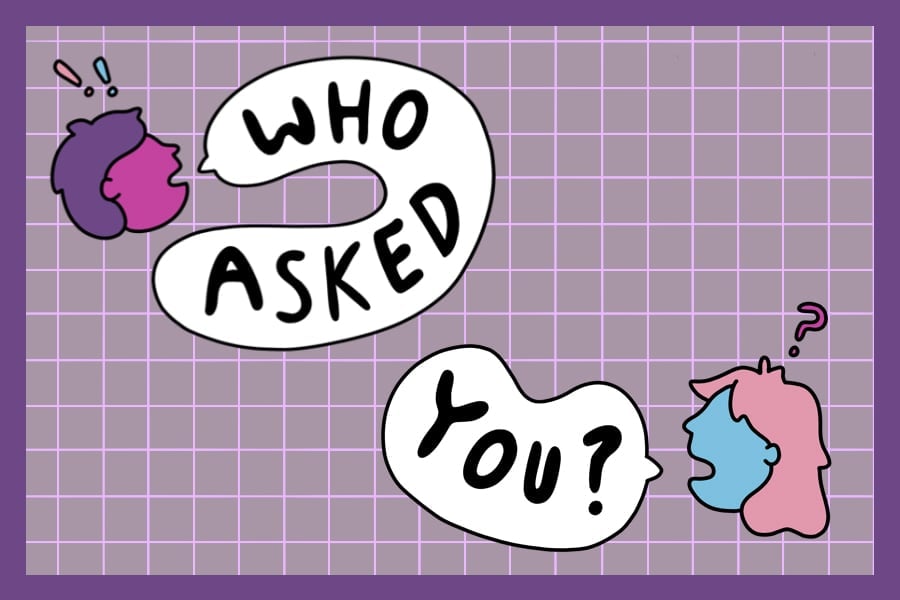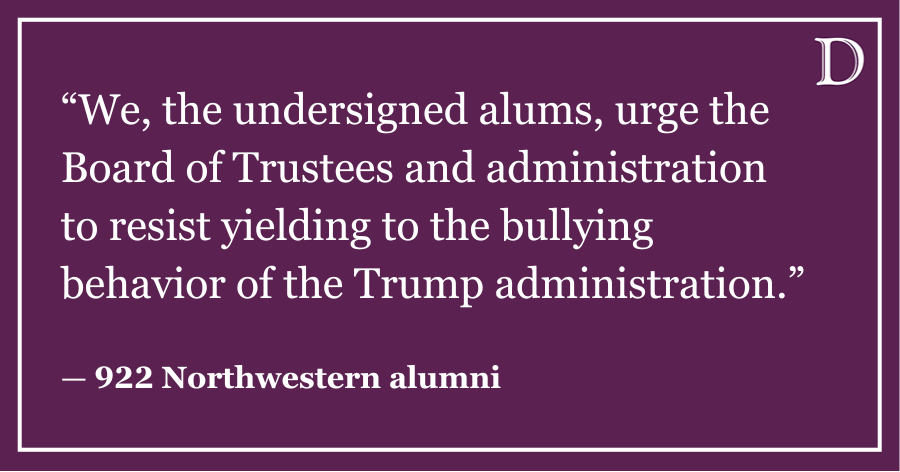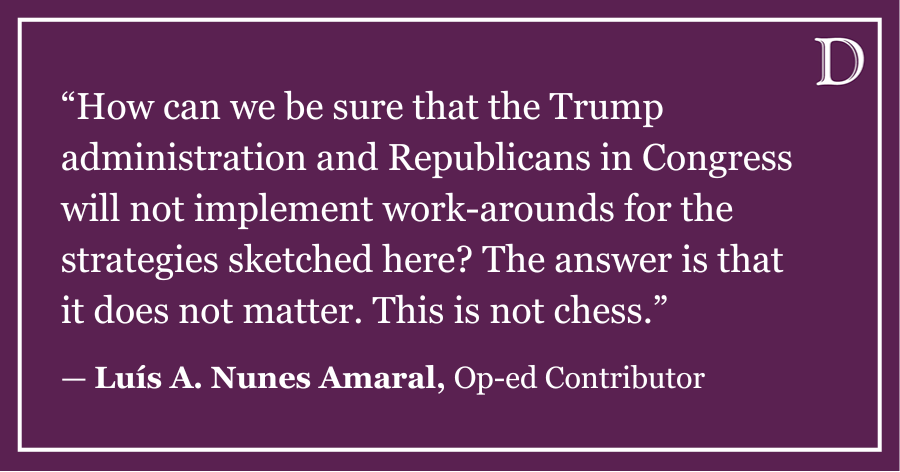Content warning: This story contains mentions of sexual assault and violence.
This week, survivors of sexual assault and their allies will gather in solidarity spaces across campus. Survivor Action Week — formally known as Take Back the Night Week — is a weeklong program of activities dedicated to supporting survivors, ranging from an open mic to zine-making. The week will culminate Friday with the Clothesline Project at The Arch, a visual display where survivors can create shirts that represent their stories.
The rebranding comes as the Center for Awareness, Response and Education renames its Sexual Assault Awareness Month to Sexual Assault Action Month. The two have events that overlap, with the keynote speaker for SAAM — intersex activist Pidgeon Pagonis — featuring in Survivor Action Week’s programming.
Weinberg senior Savannah Graziano, who is co-leading this year’s programming with SESP junior Adrienne Scheide, said sexual assault is now perceived and discussed differently than when Take Back the Night Week was originally established.
The new name reflects survivor agency and the goal of community-building in the program, rather than the intention behind the previous name, which was to “bring light to the night,” Graziano said.
“It demystifies the whole notion of sexual violence and assault in a way that I think is highly beneficial to the audience that we’re trying to reach,” Medill freshman and committee member Sophia Gutierrez said about the rebrand.
Gutierrez added that the change has also impacted the intentions behind the week’s programming. Some events, like Pagonis’ talk, are more educational, while others are more casual, like yoga or a movie screening.
The programming is responsive to the needs of different survivors, as they may not want to process their trauma in the same way, Gutierrez said.
“Everything is so intentional, and really the focal point is accessibility,” Scheide said. “It’s extremely important to me that everyone feels welcome somehow throughout the week.”
Scheide said the activities are also meant to foster community between survivors wanting to share their stories. She added that survivorship events don’t always have to “bare your soul” and that it is more important survivors don’t feel alone.
With this in mind, Scheide said Survivor Action Week hosts its events in multiroom spaces, in case participants need areas to relax and decompress.
While some might find the True Northwestern Dialogue on consent sufficient, Gutierrez said she feels there is much to be done on combating rape culture at Northwestern.
“Rape culture doesn’t always have to be like ‘someone got sexually assaulted at this party,’ that’s a tangible thing,” Gutierrez said. “Rape culture is making a joke that’s sexist. Rape culture is not saying anything when that joke has been made.”
Similarly, dismantling perceived notions of sexual assault — like that it solely occurs at night or that it’s always perpetrated by a man — is important in supporting survivors, Scheide said.
Engaging with organizations like CARE and Sexual Health and Assault Peer Educators is another method of aiding survivors, Graziano said. On an individual level, she said, support means listening to survivors and being willing to discuss the issue of sexual assault.
“Support is saying, ‘I hear you, I believe you. It’s not your fault,’” Graziano said. “Just reminding people that they aren’t alone.”
Clarification: This story has been updated to better reflect Savannah Graziano’s sentiments on the perceptions around sexual assault over time.
Email: beavillaflor@u.northwestern.edu
Related Stories:
— Intersex advocate discusses intersex bodily autonomy movement

